The New International Best Seller?
No.
But The Vision of Piers Plowman is full of marvellous images, is great fun and ought to be more widely known.
It is a long poem written in Middle English alliterative verse in the 14th Century. It is widely studied by scholars and gains them Doctorates and Professorships. Outside that field the pleasures of VPP are too little known. This site aims to bring awareness of VPP to a wider audience. It is created by a lay admirer, working from translations (five of them) and does not pretend to scholarly accuracy. It is created (and constantly revised) for fun.
So scoff not, you scholars, and stifle your scorn.
Three good translations to start from are by E.Talbot Donaldson (W.W.Norton, 1990) and Peter Sutton (McFarland & Company, 2014) and A.V.C. Schmidt (Oxford World's Classic, 1990). The first two are in verse, the third in prose. All have unique attractions such as images, striking descriptions, clarity or up-to-date speech. None of them disguise the fact that Langland is often obscure. long-winded and repetitive. The layman need feel no guilt in text-hopping.
The pages of this site are listed above. Click on a title to get there. Or use the links at the bottom of each page. On the last page (THE END GAME) there are links to several credible academic resources. The site has no commercial purpose and suggestions for improvement are welcome. Make them to chris@chris-elgood.co.uk
VPP is attributed to Will Langland. His was an age in which religious belief was a serious matter, and Will, being a man of independent mind, wanted to discover for himself how to "Save his Soul". By that he meant going to Heaven rather than Hell when he died. He was not convinced by the numerous religious professionals of his time. He spent his whole life in his search and embedded it in a long, allegorical survey of the England he knew. Piers of the title is more a concept than a person. He is the essence of rightness or fair dealing and can appear as God or Christ or an abstract force or as a real ploughman: an honest labourer working the land.
VPP is a marvellous work, full of vivid description and written by a shrewd observer with strong opinions and utterly devoid of political correctness. The religious content is not oppressive, being the reflections of a critical mind rather than a polemic. There are many tirades against what is wrong with society (brilliant) but fewer suggestions about how to put it right. (We are still short on those.)
The images used here are meant to make the story more fun. They are often modern rather than mediaeval, some of them showing the 21st century equivalent of a 14th century scam. The poem is a series of dreams, starting on a May morning on Malvern Hills as the poet sets out to look for marvels. The simple and evocative opening is usually rendered as a variant of:
"In a season of summer when soft was the sun."
He is dressed as a hermit and falls asleep beside a brook and dreams. It is common to describe the speaker in the poem as "The Dreamer". In his first dream he does not know where he is but sees a "Tower on a Toft" and a "Deep Dungeon below" and between them "A fair field full of folk". So it is obvious that the poem will deal with who is likely to end "up there" and who is destined for the other place. Will wants to know the meaning of his vision and is enlightened by:
"A lovely lady in linen garments"
Who comes down from above and explains that the tower is the dwelling place of Truth, who made the world and everything in it. Langland uses Truth for the ultimate authority: not the generic God, nor the Jewish/Christian Jehovah. This matches the attitude displayed all through the poem in which he sees goodness as something that can't be owned by any one religion, though he naturally sees his own as best. This illustration of The Tower on a Toft looks more European than English. But it is obviously a tower and it sits on a toft and must be the dwelling of some prestigious type, The illustration of a Deep Dungeon contrasts with the cheerful impression given by the Tower. It is dreary and damp with a single light instead of a romantic square of blue sky .
Credible interior scenes of heaven are hard to find, so the entrance must serve. Langland can't describe heaven, of course, but he knows something about what goes on there. It seems that even if you get there you can still be thrown out if you exhibit qualities like pride - one of the poet's pet hates. The officials in heaven are enumerated, and there is a fine passage about the relative status of top-quality saints and lesser people who scrape in with minimal qualifications - like the thief forgiven on the cross. Apparently heaven is ordered rather like the hall of a great house in which the principal guests sit with the host at the high table and others are at side tables, or "beyond the rushes", getting fed well enough but having little honour. Langland gets very annoyed with the practice of some lords dining privately and failing in their social duty. It is typical of his attitude to those who ignore responsibility. He does not object to riches, but insists that they must be used for the benefit of society.
Hell is easier to illustrate. Langland gives no detail but is very interested in who goes there, and why. He has no doubt about true evil-doers, of course, and says of men who "did deadly sin to the devil's liking" (the men of Sodom, for instance).
"Vengeance fell upon them for their vile living
And their cities sank through the sea to hell."
He is in doubt about their length of sentence. He has fine lines in The Harrowing of Hell, with Mercy and Truth discussing Christ's ability to release Satan's prisoners. Truth says:
"For whatever was once in hell, it comes out never."
But, unlike religious bigots, Langland is broad-minded and would pass into heaven anybody who obeyed "Truth". The "Field Full of Folk" names some 14th Century occupations. The poem tells of their activities, both good and bad. Langland saw much that was wrong in society and his blasts against evil-doers are very perceptive, showing that those same evil-doers are active today. All that has changed is technology A frequent device is to follow neutral description by assassination. Like:
"Pilgrims and Palmers were plighted together
To seek Saint James and saints in Rome,
They went on their way with many wise stories,
And had leave to lie for a lifetime after."
One of the finest comments is about lawyers, who are a prime hate object.
"Sooner measure the mist on Malvern Hills,
Than get a mumble for their mouths till money is offered."
PLOUGHMAN IN TIMES OF WILL LANGLAND
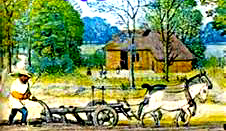
ON MALVERN HILLS
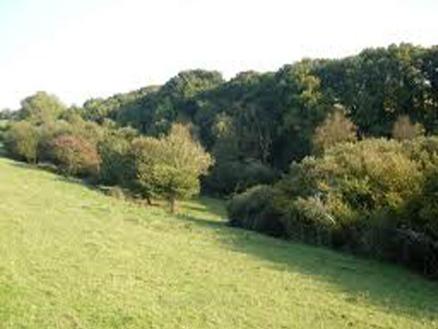
THE TOWER ON A TOFT
THE DEEP DUNGEON BELOW
GATEWAY TO HEAVEN

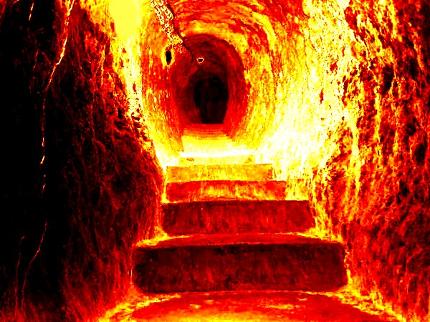
THE FIELD FULL OF FOLK
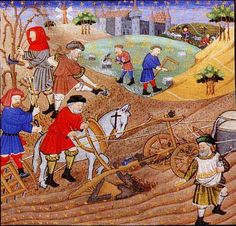
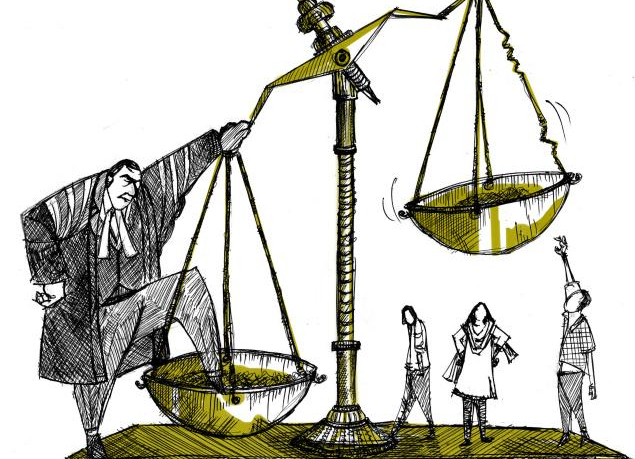
MIST ON HILLS
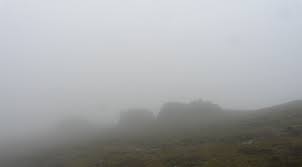
For the next page click on ITINERANT LIFE. Or Click on THE PIERS PLOWMAN SOCIETY for scholarly resources.